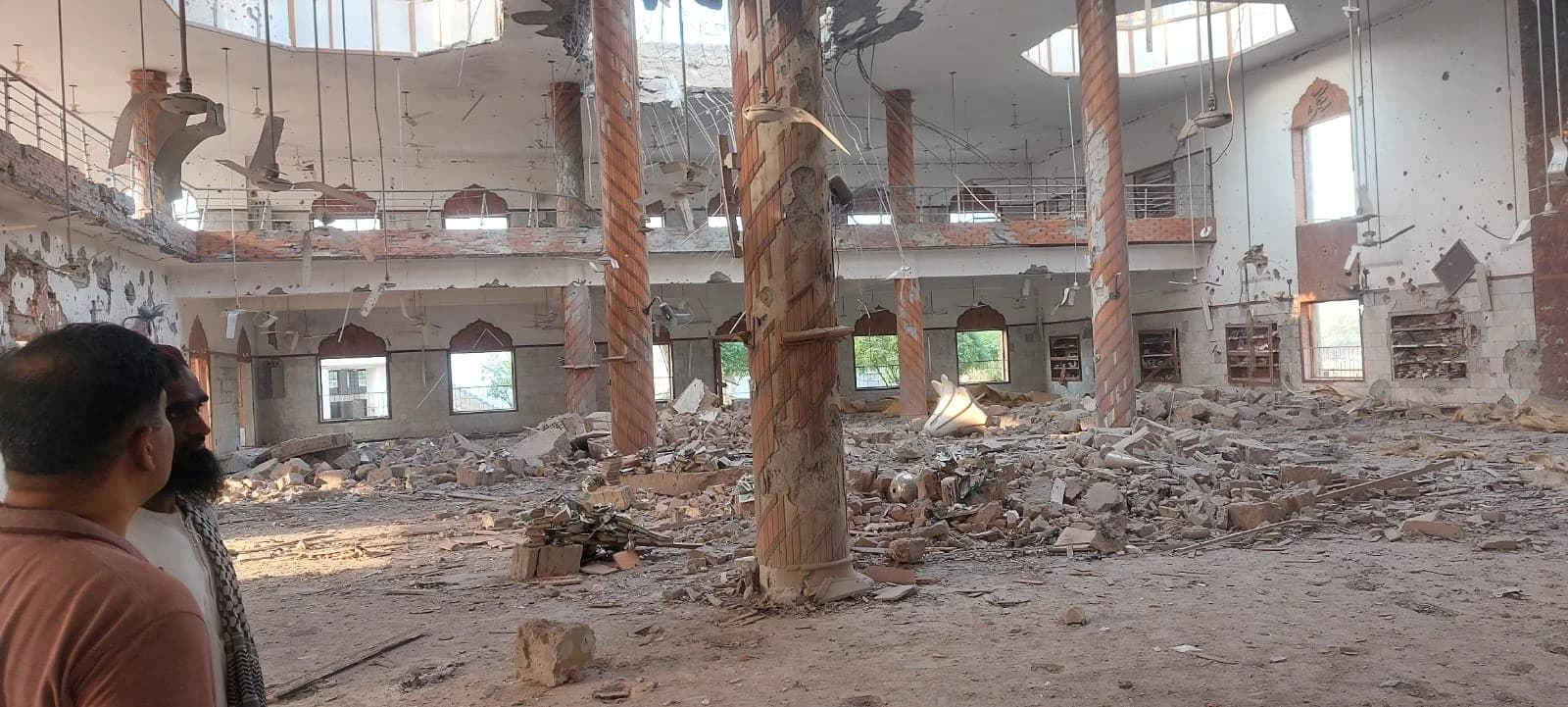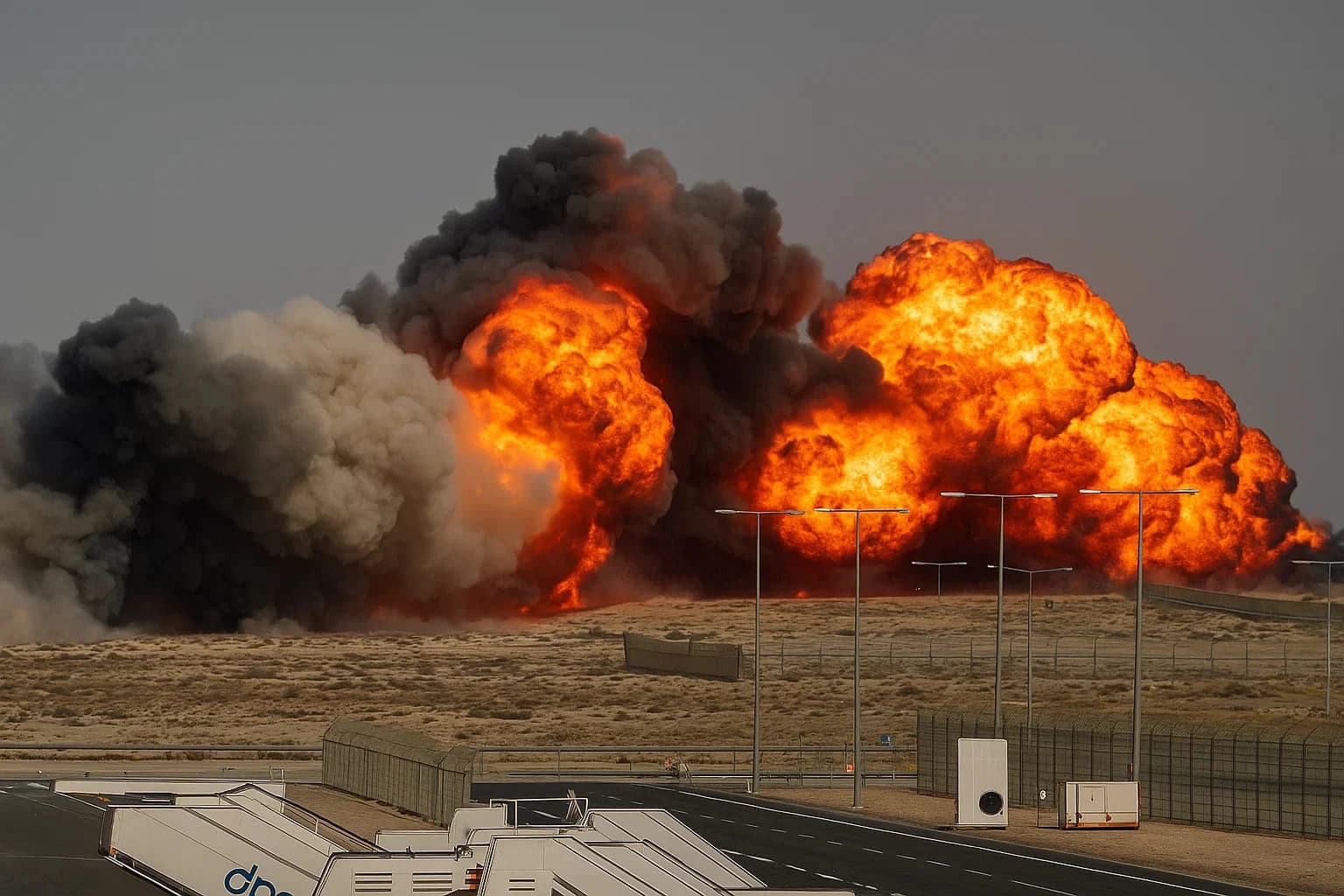© 2025 Roz UpdatesbyTETRA SEVEN

* All product/brand names, logos, and trademarks are property of their respective owners.
Amid escalating border tensions, South Asia’s two nuclear-armed neighbors, India and Pakistan, are teetering on the edge of full-scale conflict following India's airstrikes on Muzaffarabad and Balakot. Citing the need to neutralize militant hideouts linked to the deadly Pahalgam convoy bombing, India launched "preemptive precision strikes" under Operation Sindoor. Pakistan, labeling the strikes an "act of war", claims at least two dozen civilians were killed—a figure contested by India but echoed in Pakistani media and by international observers.
As both nations mobilize militarily and close airspace, global actors including the UN, EU, China, and Gulf states have urged immediate de-escalation, warning that continued hostilities could destabilize the region. Long-standing grievances, nationalistic fervor, and nuclear capabilities heighten the crisis, with diplomacy now urgently needed to prevent catastrophic consequences.
On April 25, under the codename Operation Sindoor, the Indian Air Force launched a coordinated aerial operation targeting what it described as JeM training camps in Muzaffarabad and Balakot. Indian officials claimed the mission was a "surgical strike" to avert future terror attacks.
However, Pakistan’s narrative starkly contrasted India’s claims. Authorities reported that the airstrikes missed their intended targets and instead caused significant civilian casualties. These incidents led to widespread protests in Lahore, Islamabad, and Rawalpindi.
This breach of the Line of Control (LoC) significantly escalated military engagement.
Pakistan’s response was swift. Prime Minister Shehbaz Sharif convened an emergency National Security Committee session, labeling the incident an "unprovoked act of war." The Pakistan Air Force went on high alert, deploying jets and air defense systems near the eastern border.
Pakistan also closed its airspace to Indian aircraft and recalled its ambassador from New Delhi. Military reinforcements were sent to the LoC, and military spokespersons vowed a "measured but resolute" response.
PM Shehbaz Sharif, alongside military brass, declared the strikes a “deliberate violation” of sovereignty. The NSC resolution allowed for activating contingency war protocols and cutting all trade with India.
PM Narendra Modi defended the strikes as “necessary counter-terrorism measures.” Indian media supported the official line, while global reactions were mixed. France, Israel, and others backed India’s narrative, while UN and China advised de-escalation.
Pakistan carried out radar jamming and reconnaissance flights along the LoC. It closed airspace to India and contacted the OIC and UNSC for intervention.
This hardened into a diplomatic stalemate. Ceasefire violations increased (NDTV report), military mobilizations expanded, and parallels were drawn with the Kargil War, making it the most severe crisis in decades.

22 November 2025

18 November 2025
No comments yet. Be the first to comment!